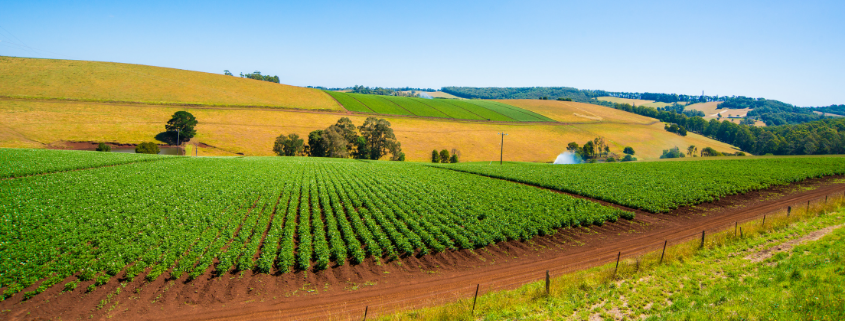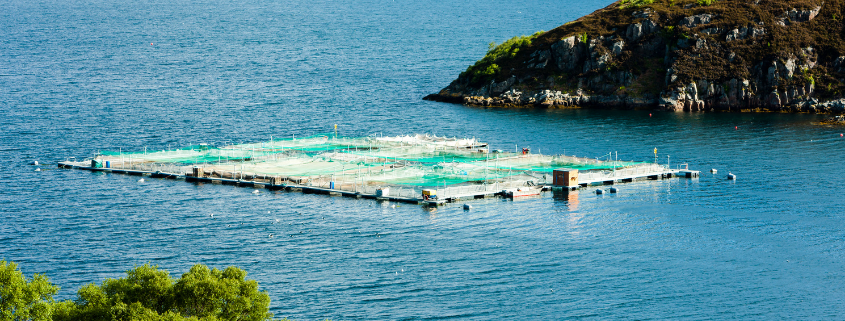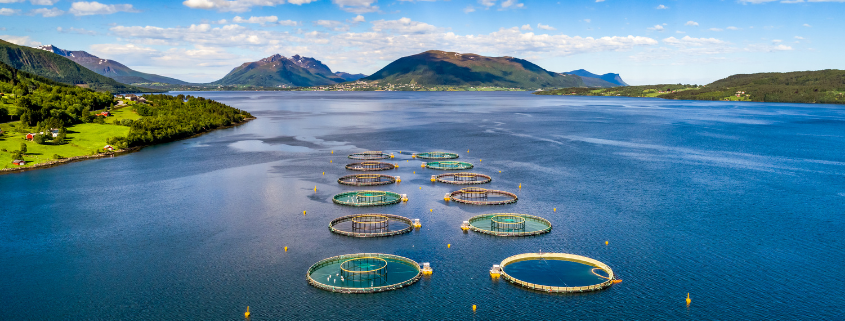Radical Bubble Technology for Agricultural and Environmental Sustainability

Exciting possibilities for more profitable, sustainable and productive farming are being offered by the emerging technology ‘ultra-fine bubbles’ (UFBs) in a new £250,000 Innovate UK-funded project, led by MagGrow UK in association with Agri-EPI Centre and the Centre for Crop Health and Protection (CHAP).
Holistic farming platforms to support agri-businesses

Agri-EPI met with member Glas Data to find out more about their technology, how it supports farming businesses, their collaboration with hardware providers and plans for the future.
Transformation of Scottish salmon production

With a new innovation concept ‘SeaCAP 6000’, Agri-EPI and partners explore transformational ways of producing salmon, which currently still faces challenges associated with ‘open water’ production related to water quality, environmental pollution, and escapes.
New project explores innovative approach to salmon production

An innovative aquaculture project has been launched to prove the engineering for a new way of producing salmon off the Scottish coast that improves fish welfare and is more environmentally friendly. Inverness-based SME Aqua Innovations, with the support of several partners and an industry-led steering group, has secured funding via the UK Seafood Innovation Fund to undertake the detailed design stage of the ‘SeaCAP 6000’ – a new floating, contained 6,000m3 pen to grow salmon smolts to full harvest weight.
